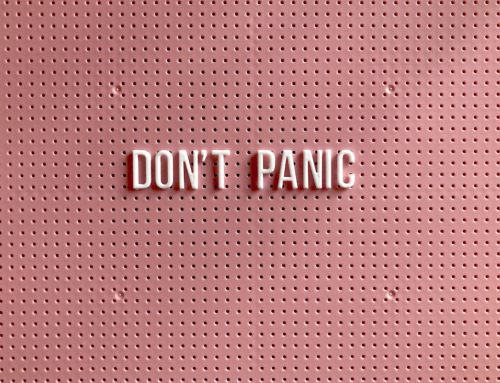What is High-Functioning Anxiety?
High-Functioning Anxiety has become a term that refers to people who live with anxiety, but who identify themselves as functioning reasonably well in different aspects of their life. Appearances can become an illusion compared to how you feel on the inside, but anxiety begins to leak out in different forms. Anxiety doesn’t seem to care how you’re feeling. Everything could feel like sunshine, but anxiety always seems to be lurking in the edges of your mind.
Signs of High-Functioning Anxiety
Having an appearance of being calm, but feeling anxious on the inside. You may look put together and seem like you have your life together in other’s eyes, but they don’t see what is really going on beneath the surface. You rarely let how you’re actually feeling show, instead you just bottle it up, cover it up and hope that it goes away.
Constantly putting yourself down. You could be praised constantly or be successful in your career and still feel the need to put yourself down. Despite the praise and love- you still feel like you can always do better and put yourself through more stress to try and achieve that.
Always striving for perfection. Giving it your all doesn’t mean 100% for you- it means giving it 200%. You do more work then you’re asked to do. You want to do everything perfectly and then try to go beyond perfection. People always credit you for going above and beyond, but the thought of not doing something or having it not come out as you envisioned makes you feel sick. Sometimes striving for perfection has the opposite effect where you can be so afraid of failure that you don’t even try, resulting in procrastination.
You don’t know when to say when. The word ‘no’ has vanished from your vocabulary. You are constantly reaching your limit and letting things pile up because you think you can handle all of it. Some would call this “people-pleasing”. You can handle things, but taking on too much can cause you to become burnt out. Saying no, knowing when to rest, or setting boundaries can help prevent this.
Having little nervous habits that manifest themselves physically. It may be something like nail biting, picking scabs, cracking knuckles, etc. Your anxiety can be slipping out in these tiny ways.
You worry about opening up. Since your life seems normal you may worry that your anxiety may not seem like a problem, and won’t be viewed as one by others. It’s this feeling that you don’t qualify for a problem because your anxiety may look different then what others experience. Keeping your anxiety to yourself can result in people finding you ‘hard to read’ or ‘stoic’ because you’re burying your emotions.
You may not sleep very well. Sometimes our minds are buzzing with so much information and worry that it will keep you up at night. Losing sleep begins to weigh on you- mentally, physically, and emotionally. An individual may have trouble falling asleep, or awaken during the night and have difficulty going back to sleep.
You seek constant reassurance. An individual may look for reassurance in every decision they have to make in order to feel safe about their choices.
More Information
- The Characteristics of High Functioning Anxiety
- High-Functioning Anxiety
- What Is It Like To Have High-Functioning Anxiety?
- Signs Of A High-Functioning Anxiety Disorder






